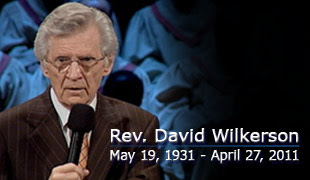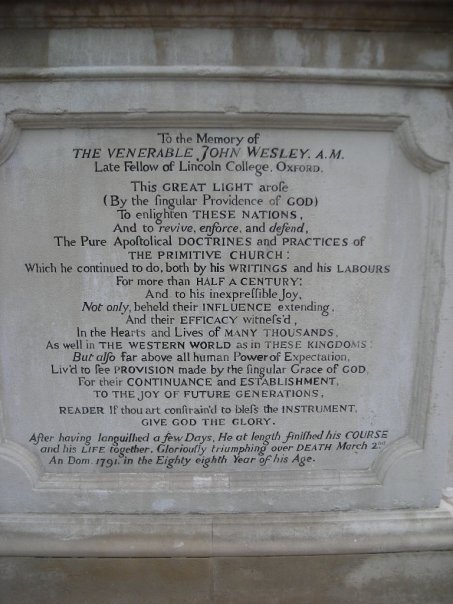(CNN) -- Even he can't take it.
"I'm at the doctor's office," Martin Cooper said. "I'm in the waiting room. And there's this guy on his cell phone, talking really loud. Does he think he owns the place? Apparently.
"I think this is so offensive. But you have to remember: It doesn't take a cell phone to make people rude. People were rude before there were cell phones."
Cooper's opinion about this matters. If you were here for last Sunday's column, you know that Cooper -- he's 82 -- is the man who, in 1973, made the world's first cell phone call. He was working for Motorola at the time.
He and I couldn't really talk about this at length in time for last week's column to be published. I was in the United States, he was at Heathrow airport in London, and -- of course -- we had a lousy cell phone connection.
But he's back in the U.S. now -- he lives in Southern California, near San Diego -- and we spoke for a long time the other afternoon. My main question was: On the day he made that first cell phone call, did he have any idea what the ramifications for society were going to be?
"How could I have?" Cooper said. "This was 1973. Was I supposed to know that one day you could get the internet on your cell phone? There was no internet -- how could I know that? Was I supposed to know that there would be cameras built into your phone? It's still kind of ridiculous, when you think of it.
"But back then, it wasn't just ridiculous -- the thought didn't even come up. There was no digital photography then. Take pictures from your phone? How were you going to get the roll of film into it?"
Cooper is hardly backward-looking, by the way -- he is very much involved in coming up with new ways to use the technology he helped to introduce. But he is dismayed by what he believes is people's subservience to the electronic devices that are supposed to be serving them.
"You should not be a slave to your telephone," he said. "The technology is there to serve you, not the other way around. If the technology is not making your life better -- if it is robbing you of experiences in the real world that you would otherwise be enjoying -- then you are working for it, when it should be working for you."
Like most of us, he has seen people in public places with their families or friends -- in restaurants or at parties -- tapping at their phones like brain-dead woodpeckers, and sending messages as if hypnotized.
"Whatever happened to courtesy?" Cooper said. "What can be so urgent that you have to look down at your phone in the middle of a dinner conversation with people who matter to you? You can't wait five minutes before staring at your phone?
"That's the equivalent of if a friend or loved one was talking to you, and in the middle of their sentence you pick up a newspaper and start reading it and not looking at them. You wouldn't do that, but people jump to attention for their cell phones all the time. Are you really that important? You can't wait?"
He is justifiably proud of all the good things that cell phones have brought to the world -- the ability to easily reach family members when they are not at home, the peace of mind afforded to motorists broken down and stranded at night in out-of-the-way places, who know they can summon help. Remember: When the rest of us had not even dreamed of phones that could travel with us, Cooper and his researchers and engineers were well on their way to making it happen.
"We talked among ourselves about the possibilities," he said. "We joked that when you were born, you would be issued a telephone number, and that when eventually you didn't answer your phone, that would mean you were dead."
He didn't realize just how close he was to being right. The one thing he didn't foresee was that cell phones would become so commonplace that stores would give them away for free in order to sign up customers. "Free?" he said. "Come on. The first cell phones sold for $4,000."
What truly upsets him is the sight of people looking at their cell phones as they are driving. "Anyone who dials a phone while driving is flirting with death," he said. "And anyone who texts while driving is insane."
As proud as he is of his accomplishments in introducing cell phones to the world, he laments that many people, in their virtual addictions to the phones and all the various functions the phones can perform, are losing sight of what is most important in life.
"When you are doing one thing -- talking on your phone, texting, whatever -- you are automatically not doing something else. What is the greatest scarcity in the world today? It's not oil. It's time. Time is precious. Don't throw it away."
The invention of the traditional land-line telephone made the world a different place than it ever had been before. The introduction of cell phones, which allow people the freedom to be connected wherever they may go, has propelled us into a new dimension we're still learning how to navigate.
I asked Cooper what he would say, once his life is over, should he, in the next life, run into Alexander Graham Bell.
He laughed, then paused.
He said he would say to Bell:
"Could you ever have imagined ... "
The opinions expressed in this commentary are solely those of Bob Greene.













